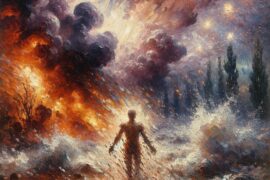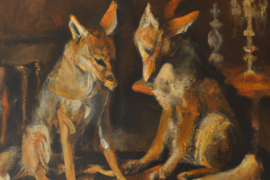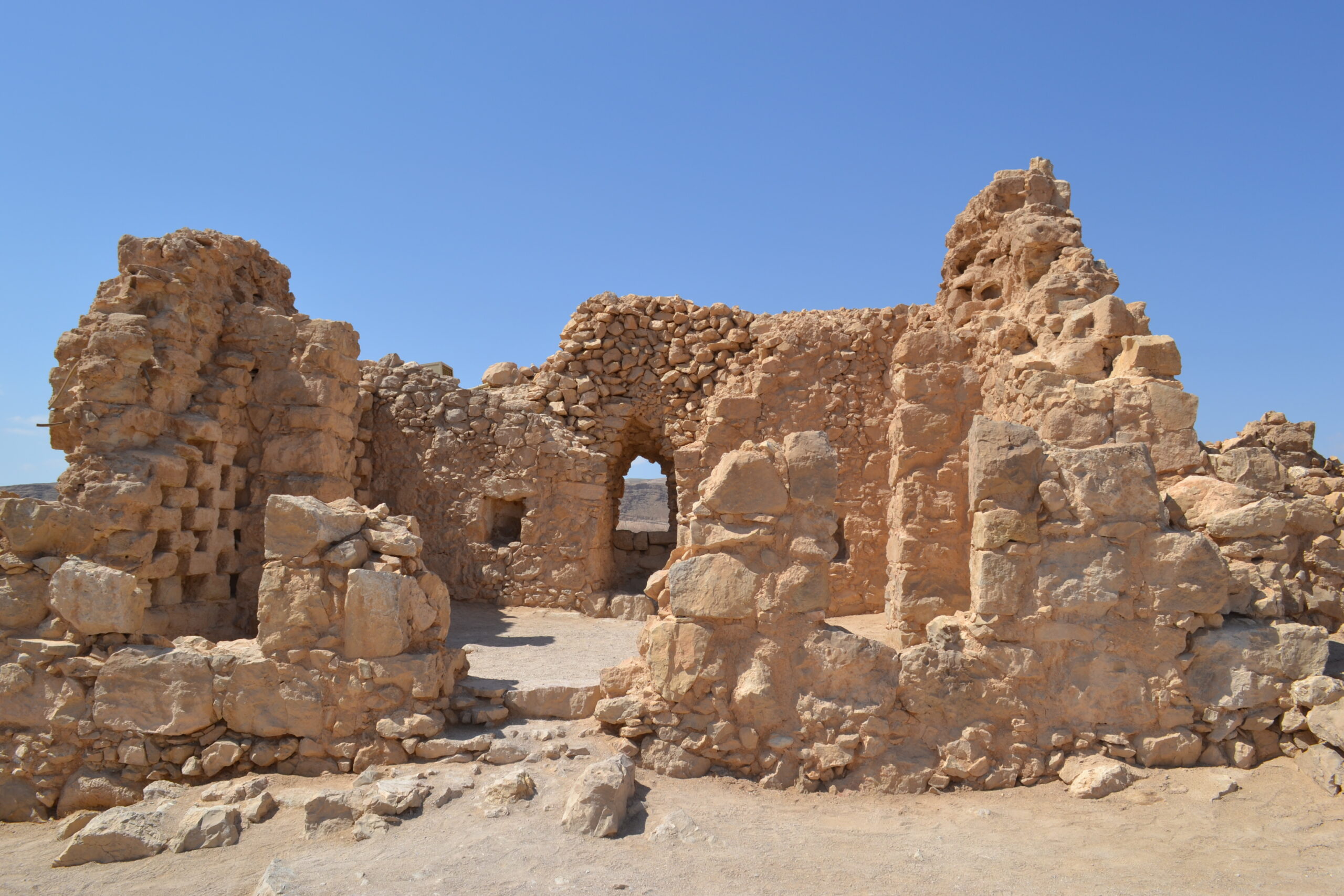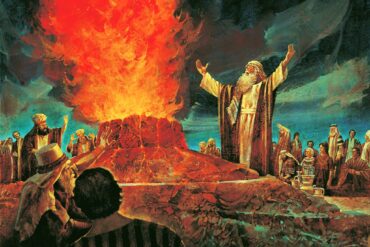Some Jews look to the Exodus from Egypt
saying, “We were slaves once,
Strangers in a foreign land
Bitterly oppressed and beaten without mercy
How then can you turn the tables so
And oppress a stranger in our own land?”
Others point at the Return to Zion:
“Look what Amalek did to us
as we came back to our land –
We had to stand up and fight!
How dare you speak such words
Look at you! Curled up in the stepmother’s bosom!
Have you forgotten what it is to be a Jew?”
A vast ocean between them
The two armies stand ready for war,
Shrieking tirades and hurling bitter insults
Fighting for our survival
And the camps do not draw near to each other the entire night
And how do you think it feels to be caught
Between these oncoming walls of rushing water,
Like the sea closing over Pharaoh’s head
Wishing for unity, but not through compromise
Espousing a position few have heard and fewer considered
It is possible to be drowned
Never mind drowned out
But I have what I have learned
Kodesh, Umah, Enoshut*
The three pieces of the whole
And who would tear up the other pieces of the jigsaw?
Would the left hand forget the right
or vice versa?
Would you attempt to black out their light?
The color may differ
But the source is the same
And I do not believe one should have to choose
Between the two halves of the verse
“Letaken Olam B’Malkhut Shakai”
For the former is achieved through the latter
And harmony, after all, emerges from different voices
But we will never manage this
If we can’t hear above the sound of our own voice
So know the destination,
Know what you bring to the table
And know that Israel is a Klal
Between Purim and Pesaḥ the year begins anew
May we move from one redemption to the next.
*Translated as “Holiness, Nationalism, Universalism”





